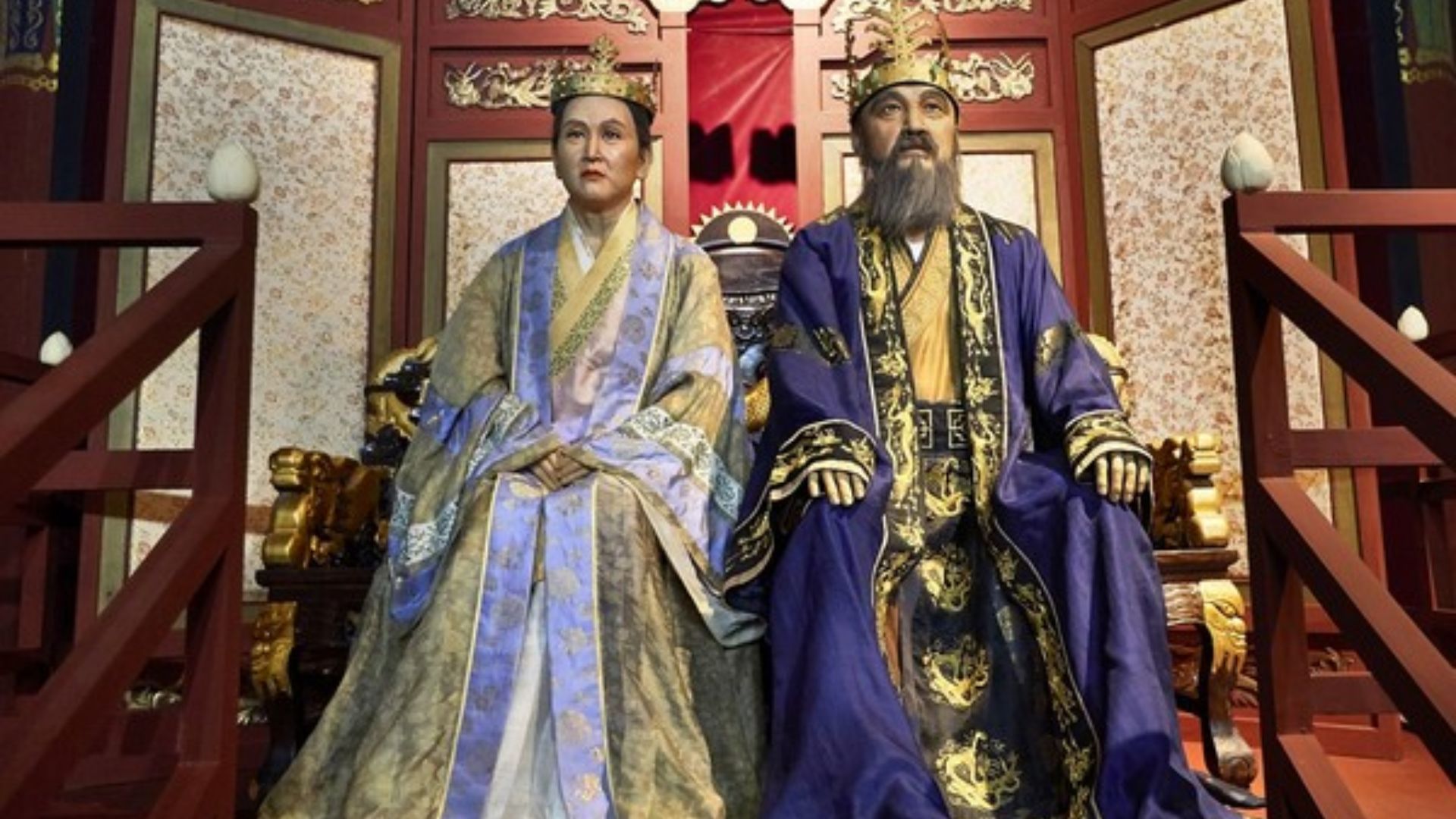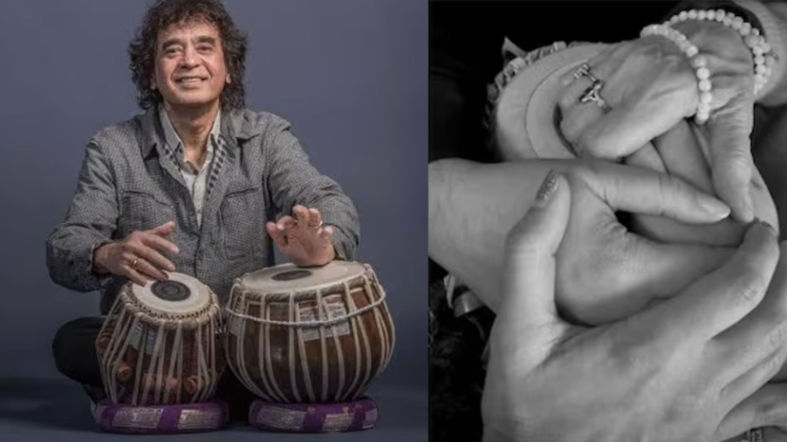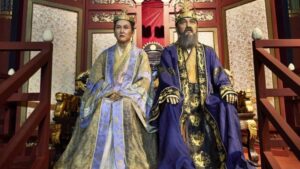The Korean Wave, or Hallyu, has deeply influenced Indian culture, with a rising fascination for K-Dramas, K-Pop, K-Beauty, and K-Cuisine. Yet, long before this modern cultural exchange, a historical bond existed between India and Korea, dating back approximately 2,000 years.
Ayodhya, the revered city associated with Lord Rama, is believed to hold ancestral significance for some South Koreans. This connection is rooted in the legend of Princess Suriratna, an Indian royal who married Korean King Kim Suro.
According to legend, Princess Suriratna embarked on a sea voyage covering over 4,500 kilometers to marry King Kim Suro, founding the Karak dynasty. She became known as Queen Heo Hwang-ok after her marriage. Ancient texts suggest that the King of Ayodhya had a divine dream instructing him to send his daughter to Korea.
King Kim Suro, the progenitor of the Kim clan in Gimhae, is associated with the surname Kim, which is widespread in Korea. A 2018 BBC Korean Service report mentioned that the queen’s descendants, including former South Korean President Kim Dae-jung and former Prime Minister Kim Jong-pil, bear her legacy. Queen Heo’s name was used for two of her sons, which remains a Korean surname today.
In 2001, a memorial to Queen Heo Hwang-ok was established at Queen Heo Memorial Park in Ayodhya, symbolizing the enduring connection between India and Korea. The South Korean embassy highlighted this historical link in a congratulatory post on X (formerly Twitter), marking the significance of the matrimonial alliance between Queen Suriratna and King Kim Suro in 48 AD.
Queen Heo’s tomb is located in Gimhae City, South Gyeongsang Province, South Korea, where many members of the Karak dynasty visit to honor their heritage.














